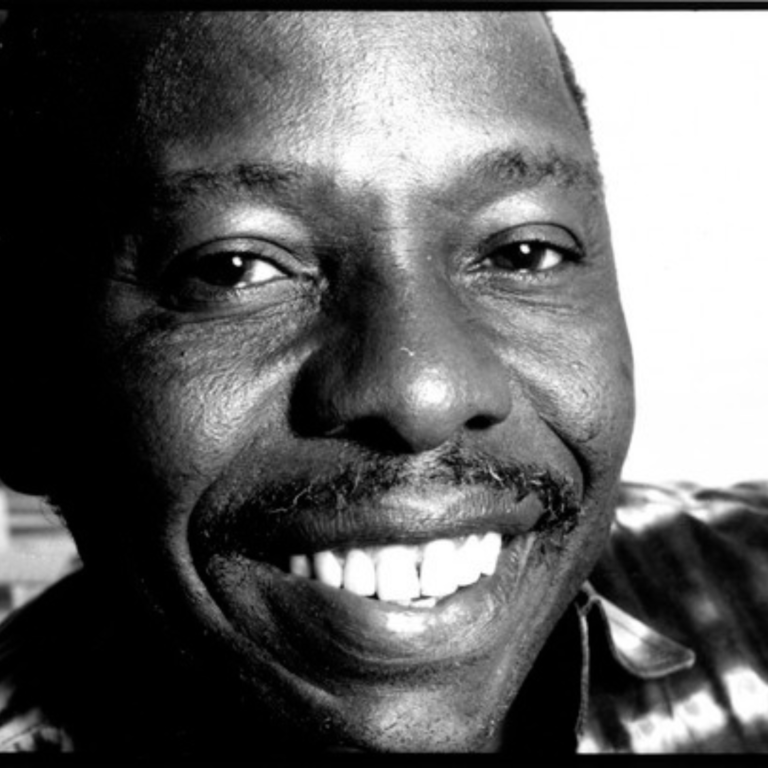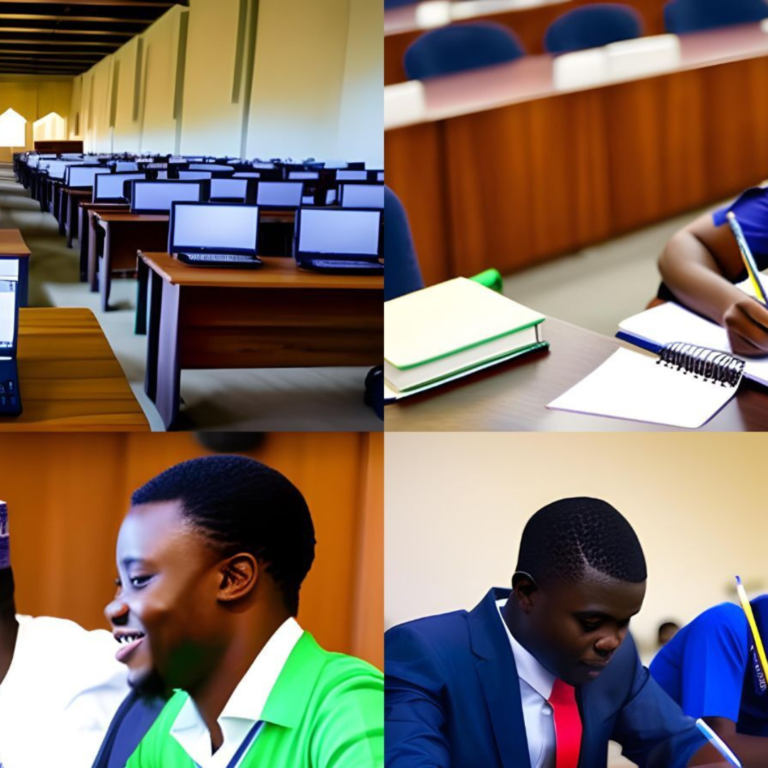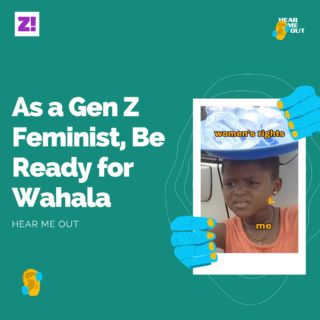By Seth Onyango, bird story agency
It is evening and daylight is fading fast along the Jinja-Tororo road as it passes through Buwenda Village, Uganda. The road is dry, littered with shrivelled leaves dancing on vacant murram-sidewalks − their rustling clearly audible as they roll along the dusty ground. The lush green vegetation surrounding the neighbourhood is the source of birdsong as the day winds down. The weaverbirds in the neighbourhood are still busy, as are the women in the textile workshop at Kilombera Weaving.
Kilombera is the local name of a weaverbird found in the area. The male birds spend hours weaving an intricate and attractively designed nest in a desperate bid to attract a mate.
The Kilombera workshop, on the other hand, has both men and women practitioners, all busy producing ornate kikoy cloths, baskets, bags and other beautiful products that are destined for overseas markets, either via visiting tourists or via exporters who are finding ready markets for beautiful handmade goods, all over the globe.
On a typical day, activities at the workshop reach their apogee around noon. Betty Korutindo is immersed in her work, arranging yarns on a beam to form the patterns that will be threaded into a loom. The yarns are organised into stripes, requiring laborious threading.
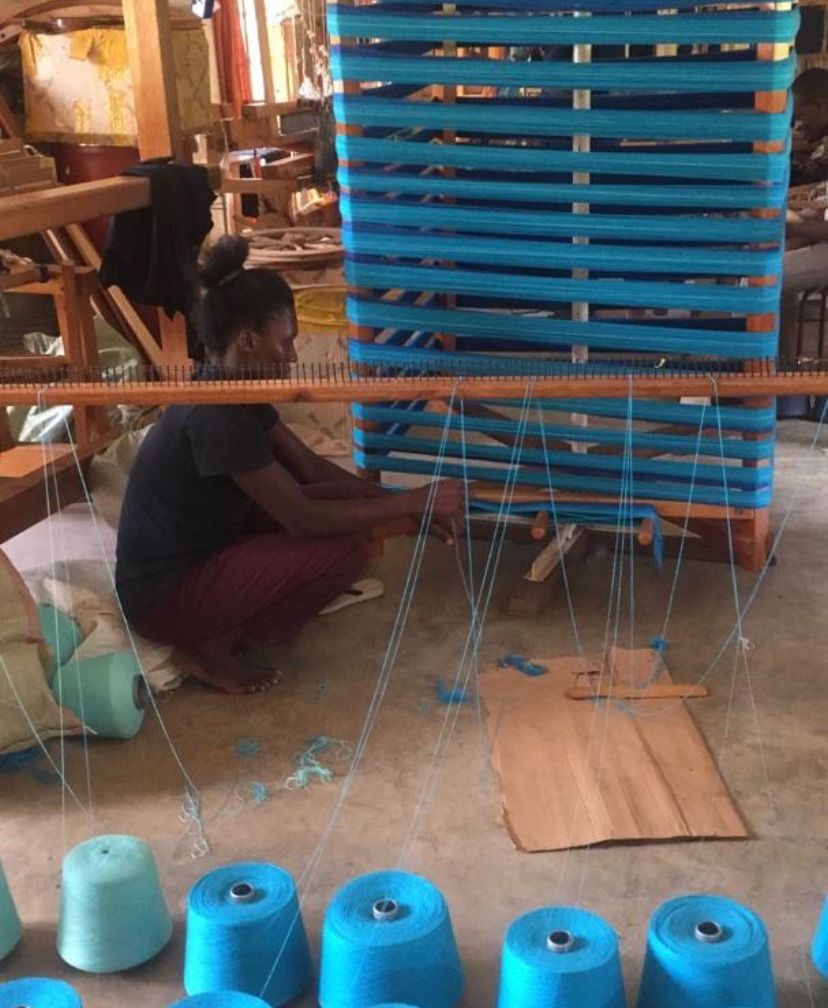
Korutindo is one of a growing number of workers in the industry whose fortunes have changed significantly since they joined the industry.
They have been helped by the transformation of markets in Africa and elsewhere, thanks to the growing opportunity for online sales by both individuals, who might have come across African products on a trip to the continent, as well as major retailers and even luxury brands.
For some time, baskets and other handmade products from Africa have found buyers through Amazon, Wayfair, Etsy and on fair trade platforms, where they first got noticed.
Now, luxury brands have joined the fray. Brands such as Prada, Chloé, Celine and Dolce & Gabbana are selling luxury woven tote bags inspired by Ghana’s Bolga and Kenya’s Kiondo handmade bags.
Purchasing one online could set you back anywhere between 500 and 4,000 US dollars.
Colourful handwoven African sisal baskets made by women’s co-operatives are also being sold on online marketplaces like the Africanmarketbaskets.com which sources products from artisans and sells them wholesale in the US and Canada.
From Tanzania to Morocco to Ghana, weaving is helping to create African entrepreneurs, many of them women.
In Somalia, the skill has also become a source of income and provided economic empowerment for many women in Internally Displaced Persons (IDP) camps while in Morocco, Beni rugs have gained such worldwide attention and soared in prices to such an extent that only the affluent can afford them.
In Bahir Dar, Ethiopia, weaving has helped bridge the employment gap in the populous East African state, while in Akatarong’ot village in Kenya’s arid Turkana, a 30-year-old, mother of seven, Alice Korea has just received a monthly payment from the Hunger Safety Net Programme (HSNP), a government initiative. It is not much, but enough to buy her raw materials to support her basket weaving business, buy food and educate her children.
With two children in high school, she is relieved to have a regular source of income — and the independence that comes with that.
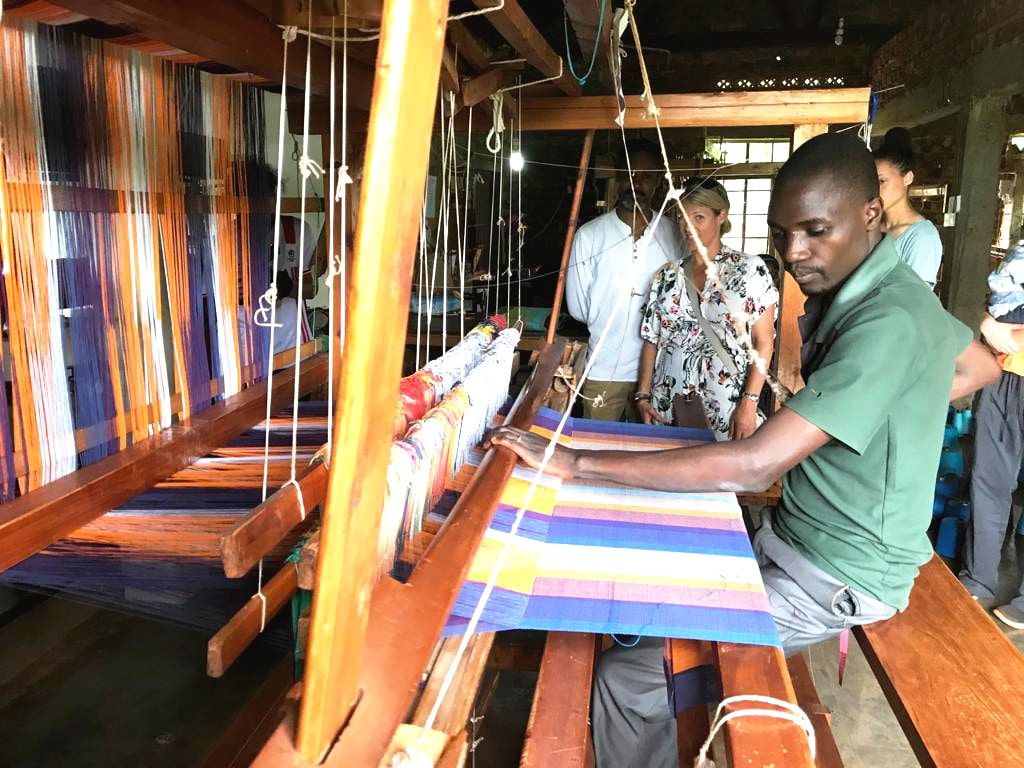
“I am so happy I can educate my kids and buy food. We don’t need charity and pity… we need the government to create a market for our products because key markets are far,” she said.
She is in a group of women making baskets, mats and brooms which are transported to Kitale, the administrative town of Trans Nzoia County for large-scale trade — and then to the capital, Nairobi.
The Akwete Women’s Weaving Cooperative in southeastern Nigeria has built a reputation for making hand-woven cloth (Akwete). Their motifs are created by a supplementary weft structure on a warp-faced, plain-weave ground, with the white and lurex enhanced with multi-coloured patterns. Women in Nigeria and elsewhere in Africa are increasingly choosing richly woven cloth like this for their wedding outfits, replacing imported “white wedding” wear.
The same is happening in Tanzania, Togo, Burundi, Rwanda, Liberia and South Africa, where weaving has become a financial model that creates a cycle of entrepreneur-driven growth among women, resulting in permanent financial independence for the artisan.
Back at Buwenda in Uganda, women working here are among those that have been able to abandon a way of life characterised by women staying at home to nurse children while their husbands went out to work.
Today, these women have polished their craft to deliver making beautiful kikoys, baskets and bags and take home a fixed income to support their families.
Korutindo’s journey is an incredible one, from stultifying poverty to community-wide influence.
“Before I got this job, I used to be a stay-home mum but now life has changed and I can educate my kids and cater to other needs,” she said.
At the other end of the workshop, Godfrey Dhafa engages a group of tourists placing their orders for hand-woven kikoys. The materials will be ready within three weeks of their stay in Uganda.
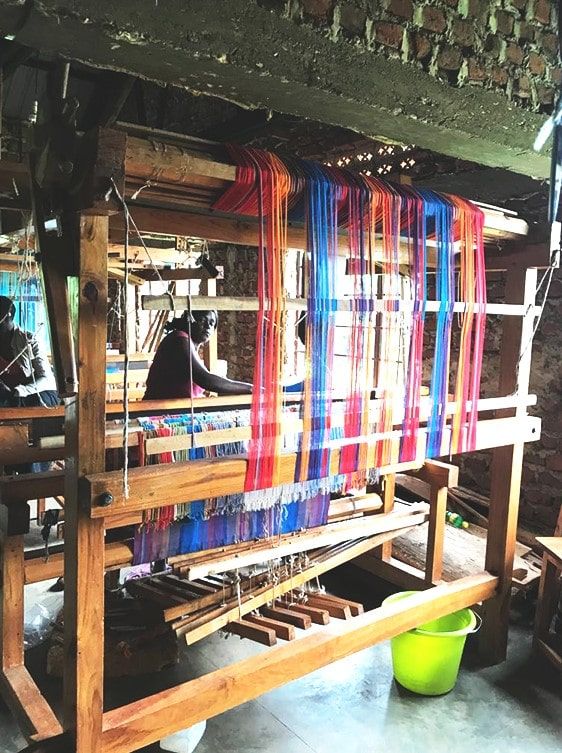
A deal inked with Eco Mama Global (EMG), a conscious, grassroots organisation based in Vancouver, Canada, under which the latter will purchase products directly from the workshop and sell them abroad, has him in good spirits.
“Our mission is to enhance the quality of living for families in poor rural areas through education of women involving environmental sustainability, permaculture, holistic health, natural birthing and yoga,” reads the organisation’s vision, in part.
At the workshop, visitors are regularly awestruck by the richness of the products — which extend to scarves, shawls, mobile and tablet bags, changing mats, hooded towels, burp cloths and baby bibs.
Some of their products take as long as a week to create, depending on the design. The level of artistry and intricacy achieved in the handloom fabrics is difficult to replicate and certain weaves/designs are still beyond the scope of modern machines.
According to Dhafa, the advantages of the business are that it provides sustainable employment to a relatively small but skilled labour force, is eco-friendly and has the flexibility of small-scale production, while also being able to adapt to market requirements. It also establishes a bond between buyer and manufacturer.
Here, here every weave has a human touch to it.
bird story agency
READ ALSO: “I Love Transforming People Into Rich Aunties” — A Week in the Life of a Textile Designer

